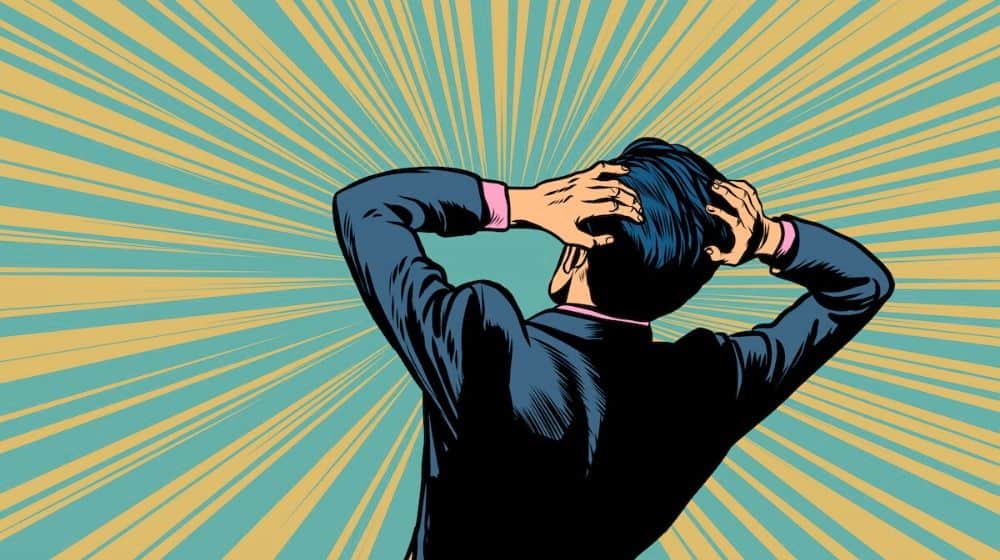Health
What Does a Panic Attack Feel Like?

A little bit of anxiety or fear in day-to-day life is normal, but panic attacks can be debilitating. In some cases, panic attacks develop into full blown panic disorder, in which the person battles fears constantly. If you've ever experienced one, you can imagine how quickly panic attacks could escalate into something worse.
Unfortunately, panic disorder is a leading cause of mental health related problems. It can make it impossible for a person to work, visit loved ones, even shop for food. The good news is, panic attacks and panic disorder can be treated successfully. The key is understanding the symptoms and getting help before it's too late.
First, let's look at what a panic attack really is. We've all had frightening experiences in which our heart races or our breathing quickens. Panic attacks cause similar increases in heart rate and breathing, but are more severe. They're often accompanied by other symptoms as well.
For example, people experiencing a panic attack may also have a sense of intense fear or impending doom. They may sweat profusely or have feelings of nausea or lightheadedness. They sometimes feel as though they're going crazy or losing control, desperately longing to flee the situation. These attacks can occur in response to a specific trigger, but often they happen without warning.
Agoraphobia is a complication of panic disorder. This term refers to fear of leaving home or going out into the world. Because panic attacks are so unsettling, many people who suffer them begin to avoid places where they might occur. They become afraid of losing control, being embarrassed, or feeling that intense fear again.

This “fear of fear” as psychologists sometimes call it, makes the person reluctant to leave the safety of home. Over time, the avoidance escalates, because the brain never gets a chance to have positive experiences to refute the assumptions anxiety causes. Once anxiety gets to this point, it can become extremely difficult to treat.
In addition, people who suffer this type of anxiety become quite adept at hiding their symptoms until they become severe. As the anxiety progresses, the fear of leaving home or doing anything unfamiliar makes them reluctant to seek help. Even when they want help, the anxiety is so limiting they may feel utterly incapable of going to get it.
Treatment for panic attacks is widely available and largely effective, but panic attacks do tend to happen again for most people with panic disorder. Therefore, it's important to understand the attacks and ways to prevent or manage them if they return.
Cognitive-behavioral therapy is a common strategy for panic. The behavioral component usually focuses on breathing exercises, muscle relaxation, and other self-soothing mechanisms. The cognitive part is related to your thinking. It involves recognizing automatic thoughts you have in an attack, such as “I'm going to die.” It then teaches you how to replace such thoughts with more accurate ones, such as “this will be over in a few minutes.”
Relaxation and mindfulness strategies involve reducing physical and mental tension in your body. When we're anxious, our bodies tense up. Reducing this tension can stop the panic cycle. Mindfulness strategies often include a mental component, similar to the cognitive strategies described above. In general, these techniques seek to provide a calm state for the whole person, body and mind together.
Medication is another helpful strategy. Sometimes, anxiety is so severe that therapy isn't very effective. In these cases, using medication can reduce overall anxiety enough that you can learn therapy strategies better. Over time, many people can stop medications and rely on those other strategies.
Although panic attacks are common, many people are unfamiliar with them, and don't realize how important it is to get help before they develop into a severe condition. Getting treatment early improves chances of successful recovery.
© Copyright © 2020 The Duplin Times, Cooke Communications North Carolina, LLC. All rights reserved.












